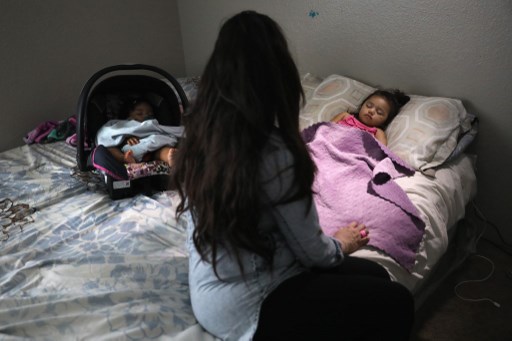
By David Oria
There exist a large body of research in the area of childhood psychology that has examined the effects of sleep on behavioral issues in adolescents. In many of these studies, the behavioral problems explored were categorized into two: internalizing difficulties or externalizing difficulties.
In the world of psychology, internalizing difficulties are behaviors that result from difficulty coping with negative emotions or stressful situations, so they directed inward (eg. withdrawal, loneliness, fearfulness, sadness, headaches, stomach aches, etc.). By contrast, externalizing difficulties result from similar causes but which are focused outward (eg. physical aggression, running away, underage drinking, etc.).
Much of the current scientific evidence has shown a unidirectional link between childhood sleep difficulties that correlate with both internal and external difficulties.
Simply, inconsistent sleep may have a direct effect on both of these behavioral problems.
But is the opposite true? If a child cannot properly express internal and external behaviors, can this lead to sleep difficulties?
A new study in written in the Journal of the American Medical Association (JAMA) has shed light on these questions.
An original investigation “Bidirectional Associations Between Child Sleep Problems and Internalizing and Externalizing Difficulties From Preschool to Early Adolescence” examined the link between these behaviors across early childhood.¹
Investigators targeted patients between 4-13 years old. The study found that externalizing difficulties may have a significant impact on sleep behavior in children. However, the correlation does not remain true for internalizing difficulties.
In light of these results, externalization behaviors and sleep may be involved in related psychological processes. Thus, the results suggest that they may be more strongly integrated and more tightly linked.
Child psychology continues to be a growing field of study. This is the first investigational study to examine the directionality of this correlation. It has introduced a new sub-area of study in the scientific community to address the growing knowledge of childhood behavior.
The current body of research suggests that addressing sleep problems during adolescence may have dual benefit in decreasing the effects of externalizing and internalizing difficulties. But unique to this study, investigators propose that interventions which target externalizing difficulties may ultimately improve sleep behavior during early adolescence.
1. Quach JL, Nguyen CD, Williams KE, Sciberras E. Bidirectional Associations Between Child Sleep Problems and Internalizing and Externalizing Difficulties From Preschool to Early Adolescence. JAMA Pediatr. 2018;172(2):e174363. doi:10.1001/jamapediatrics.2017.4363
(The author/contributor is a fourth year medical student in the US)







